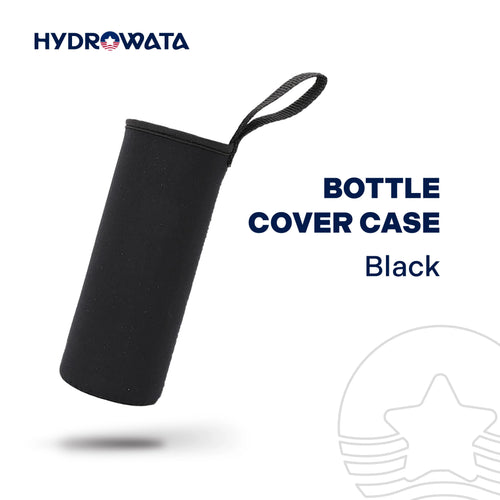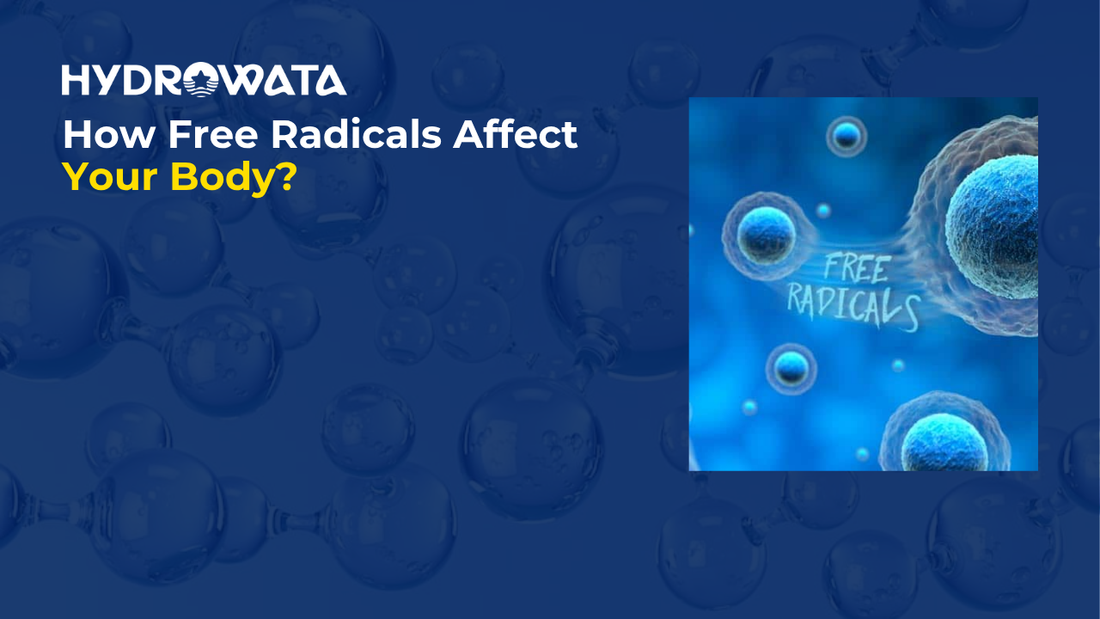Our bodies are constantly at work—breaking down food, generating energy, and repairing tissues. But in the process, unstable molecules called free radicals are also produced. While a natural part of life, excessive free radical buildup can lead to serious health problems. These rogue molecules are known to damage cells, speed up aging, and contribute to diseases like cancer and heart conditions. Understanding what free radicals are, where they come from, and how they affect your body is essential to protecting your long-term health. Fortunately, there are powerful ways to fight back—and your lifestyle plays a big role in that defense.
What Are Free Radicals?

Free radicals are atoms or molecules that contain unpaired electrons, making them highly unstable and reactive. In a balanced system, molecules have electrons arranged in pairs. But when an electron is missing, the free radical aggressively seeks out other electrons to stabilize itself. This causes a chain reaction, as it "steals" electrons from nearby molecules, damaging DNA, proteins, and cell membranes in the process.
The body naturally produces free radicals during essential processes like metabolism and immune responses. In small amounts, they can actually be beneficial—used by the immune system to destroy harmful bacteria and viruses. However, problems arise when free radicals accumulate in large quantities, overwhelming the body’s natural antioxidant defenses. This imbalance is known as oxidative stress, which plays a key role in the aging process and the development of various chronic diseases.
Understanding free radicals is crucial because they silently impact your health at the cellular level. The more we learn about them, the better equipped we are to manage their effects and make choices that limit the damage they cause.
Where Do Free Radicals Come From?

Free radicals are a natural byproduct of many bodily processes, especially those involving oxygen. When we breathe, our bodies use oxygen to produce energy. During this complex process—known as cellular respiration—free radicals are generated as a normal part of metabolism. In moderate levels, they’re not harmful. In fact, they help regulate important functions, such as fighting infections.
However, several environmental and lifestyle factors can cause an overproduction of free radicals, tipping the balance toward oxidative stress. One major source is pollution. Exposure to vehicle exhaust, industrial chemicals, and even cigarette smoke floods the body with free radicals. Ultraviolet (UV) rays from the sun are another common trigger. When skin is exposed to excessive sunlight, UV radiation can cause oxidative damage, increasing the risk of skin cancer.
Diet also plays a role. Foods that are highly processed or fried can lead to higher free radical formation. Excessive alcohol consumption and certain medications may also promote oxidative reactions in the body. Stress, lack of sleep, and intense physical activity without proper recovery can further contribute.
Even seemingly harmless habits, like using certain cleaning products or being near electronic devices that emit radiation, can expose the body to more free radicals. While it’s impossible to avoid all sources, being aware of them allows for better control through lifestyle choices.
How Free Radicals Affect Your Body

When free radicals are left unchecked in the body, they begin to damage healthy cells by stealing electrons from other molecules. This chain reaction harms critical components of cells—like DNA, proteins, and lipids—which leads to cellular dysfunction and, over time, contributes to disease.
One of the most immediate effects is inflammation. The immune system, recognizing cellular damage, responds with inflammation as a defense mechanism. While this is helpful in the short term, chronic inflammation fueled by constant oxidative stress can lead to long-term problems, including arthritis, cardiovascular disease, and even diabetes.
In the brain, oxidative stress from free radicals has been linked to neurodegenerative diseases such as Alzheimer’s and Parkinson’s. The brain is particularly vulnerable because it consumes a high amount of oxygen and has many fat-rich cells, which are prime targets for oxidative damage. Over time, damaged neurons lead to memory loss and cognitive decline.
The skin also bears the brunt of free radical damage. UV exposure leads to wrinkles, dark spots, and premature aging as collagen and elastin—key skin proteins—are broken down. In extreme cases, prolonged exposure increases the risk of skin cancer.
Moreover, oxidative stress can damage the DNA inside cells, potentially leading to mutations that cause cancer. The longer this damage goes unrepaired, the higher the risk of cells turning malignant.
Can Free Radicals Be Stopped?
Free radicals themselves cannot be entirely avoided, but their effects can be minimized. The key to neutralizing free radicals lies in antioxidants—molecules that can safely donate an electron to a free radical without becoming unstable themselves. This breaks the chain reaction of oxidative damage.
A diet rich in antioxidant-containing foods is the first line of defense. Fruits, vegetables, nuts, and whole grains are packed with vitamins C and E, beta-carotene, selenium, and other powerful antioxidants. Drinking plenty of water, getting enough sleep, and reducing stress also help your body manage free radical levels.

One of the emerging solutions in this space is hydrogen water. Products like the HydroWata Hydrogen Water Bottle provide water enriched with molecular hydrogen, a selective antioxidant that targets the most harmful free radicals. With its small molecular size, hydrogen can penetrate cells more effectively than larger antioxidants and may help reduce inflammation, boost energy, and support faster recovery.
By combining smart nutrition, cleaner environments, and innovative hydration tools like HydroWata™, you can significantly limit free radical damage and support better long-term health.
Conclusion
Free radicals are a double-edged sword—essential in small amounts but dangerous when they accumulate. Their effects can be felt throughout the body, from skin aging to chronic disease. But the good news is that you can take action. By eating antioxidant-rich foods, making mindful lifestyle choices, and exploring advanced solutions like the HydroWata™ Hydrogen Water Bottle, you empower your body to fight oxidative stress more effectively. Health is an ongoing investment. Understanding and addressing the impact of free radicals is a vital step in preserving your energy, vitality, and longevity for years to come.




